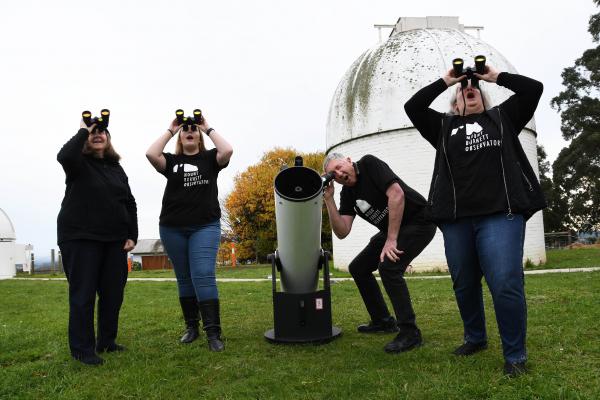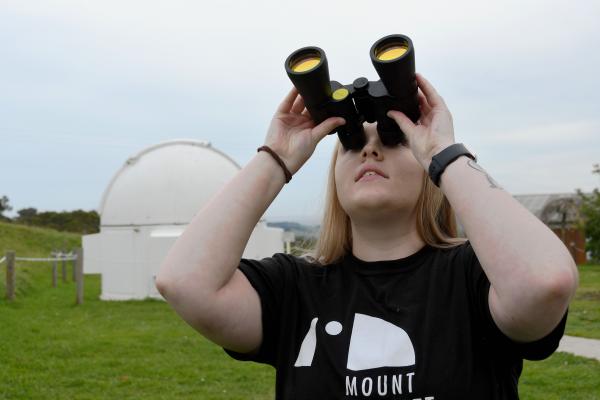By Gabriella Payne
A rare super blood moon and total lunar eclipse is set to grace the skies above Melbourne on Wednesday 26 May, and stargazers and astronomers are buckling up in anticipation for the big event.
The team of passionate volunteers at the Mount Burnett Observatory have been excitedly waiting for this day for quite some time now, and seeing as this lunar event only happens a handful times per decade – it’s something even the average joe won’t want to miss!
The president of the Mt Burnett Observatory, James Murray, said that their team would be live streaming the lunar eclipse and rare super blood moon via Facebook and YouTube, but people anywhere in Melbourne should be able to see the spectacular sight from their very own backyards.
“All you need to do is look at the moon and the naked eye is best, no special equipment is necessary,” Mr Murray said.
“If you can’t do it from your yard, go down to a park or oval and have a look from there.
It’s an eclipse of the moon, so the shadow of the earth will be across it and it will be a total eclipse – so the moon should be a sort of blood red colour because some of the light gets bent around the earth, so that’ll make it look pretty amazing,” he said.
Mr Murray explained that this eclipse would “only be visible in the southern hemisphere” and the Mount Burnett Observatory would be live streaming the event to their sister observatory in Irkutsk, Russia so that they didn’t miss out.
“I think the last eclipse was five years ago.
Every couple of years there is a lunar eclipse, but this one should be special as we’re right in the middle of it, Melbourne has a special seat,” he said.
The rare lunar event is set to become visible at the very reasonable hour of 6.47pm, and will last until 11.49pm – making it a must see for young stargazers.
Mr Murray said for optimal viewing conditions, he recommended amateur astronomers allow time for their “eyes to acclimatise to the dark” and that if there were any lights in the backyard or vicinity of where they were viewing from, to turn them off.
For more information or to catch the livestream of the event from the observatory, visit https://mbo.org.au/








